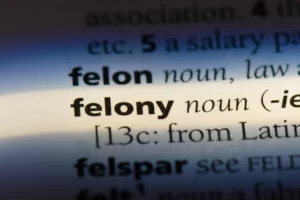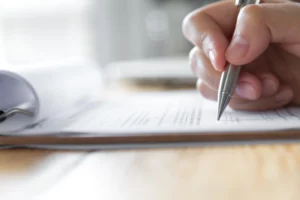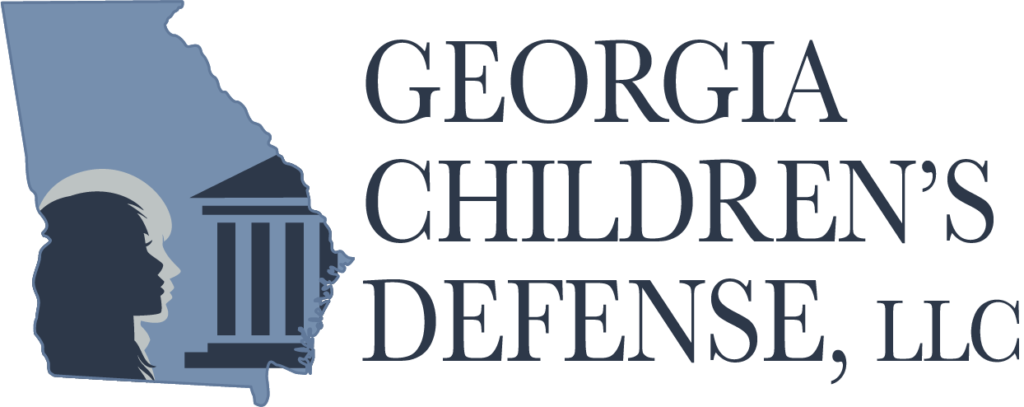
Juvenile Defense

Justice for Your Child in Juvenile Court
You or your child has been arrested or charged with a juvenile delinquency offense. This is a scary time for you and your family and you are probably trying to figure out what to do. The important thing to know is that in most juvenile defense cases, your child will be processed in the juvenile court system – not the adult criminal system.
Juvenile proceedings operate differently than the criminal court system for adults. Juvenile court cases are conducted in a closed courtroom, where a judge will determine the guilt or innocence of the accused youth in what is called a bench trial – there is no jury. Your child has rights, but there are differences between the juvenile court process and the court system that processes adults in criminal cases. Because of these differences, it is extremely important to retain a juvenile defense attorney with experience and a track record defending youth in juvenile court proceedings.
Juvenile Charges | Georgia Children’s Defense Attorney
Our job as your Juvenile Defense Attorney is to try to achieve the best outcome from the resolution of your charges. Our goal is also to work with you in the hopes that we are the last lawyer you will ever need to hire. At Georgia Children’s Defense we understand that one mistake does not define an individual. No matter what it is that you are charged with, we will fight to ensure that you receive the best outcome possible and are treated with respect and dignity throughout the juvenile court process.
Juvenile Court Process | Juvenile Defense
We will help you navigate the juvenile court process from arraignment through disposition and will be here for you every step of the way. We will break down difficult legal concepts and explain your rights in terms that you can understand. We will also explain how the juvenile court process works and will keep you informed about what you need to know at every stage in the juvenile court process. We have the experience, knowledge, and passion for defending youth who are facing the juvenile court system.
Arraignment | Know Your Rights
At the arraignment hearing, a child is presented with the official petition filed by the State charging the child with delinquent criminal acts. These are acts that would be a criminal offense if committed by an adult. The court will advise a child of his or her rights in all juvenile court proceedings. Those rights include the right to remain silent and the right to counsel. A child also has a right to a trial (and in a trial, the burden is on the State to prove the child committed the delinquent offense beyond a reasonable doubt), the right to challenge any evidence presented against the child, the right to confront and cross-examine witnesses testifying against the child, and the right to compel witnesses to testify at the trial.
At the arraignment hearing, after reading the charges the court will ask the child if they admit or deny the charges against them. If the child denies the charges, the case will proceed to the adjudicatory hearing.
Adjudication | Trial in Juvenile Court
The hearing where the judge determines whether a child committed a delinquent act is known as the “adjudicatory hearing.” This determination can occur via plea (if your child has accepted a plea offer) or by trial.
If a child does not accept a plea the prosecutor will present evidence to attempt to prove that a child committed the delinquent acts that are alleged in the petition. The standard of proof in juvenile court is beyond a reasonable doubt. The phrase “beyond a reasonable doubt” means that the evidence presented and the arguments put forward by the prosecution establish a child’s guilt so clearly that they must be accepted as fact by any rational person.
At this hearing, we will be able to introduce evidence of our own, compel witnesses to testify via subpoena, and confront and cross-examine any witnesses put forth by the prosecution. At the end of the hearing, the judge will make a determination whether a child has committed any or all of the delinquent acts alleged in the petition. If a judge finds the child committed a delinquent act, the case will proceed to disposition.
Disposition Hearing | Sentencing Hearing in Juvenile Court
The disposition hearing is essentially a sentencing hearing. During a disposition hearing, the judge will hear evidence and determine whether a child is “in need of treatment, rehabilitation, or supervision.” This hearing is the opportunity to offer mitigating evidence about a child that would have been inadmissible at the adjudication hearing. For example, school grades, extracurricular activities, and character letters are all admissible at this proceeding. Our goal is to paint the strongest and most positive picture of our clients to minimize the severity of the outcome imposed by the court.
Mitigation Specialist | Juvenile Court Expert
Sometimes going to trial isn’t the best option. Our founding partner, Josh Lingsch, previously worked as a law clerk for a presiding Juvenile Court Judge and has over a decade of experience in the juvenile court system. In situations where mitigation is the best route for you, we know what juvenile court judges look for when making rulings and deciding outcomes for children. If a mitigation strategy is the best strategy for you or your child you can rest easy knowing that our team will provide sound guidance based on years of experience.
Contact Us for a Free Juvenile Case Consultation
Our overriding goal is to achieve justice for your child. From trials, to motions hearings, to appellate cases, there are no juvenile court issues that our team of juvenile defense attorneys is unfamiliar with. If your child has been arrested or accused of a crime, please contact us as soon as possible for a free consultation.


When and Why are Children Detained in Georgia?
October 18, 2022

The Dangers of Sexting for Children
June 6, 2022

Interview with Josh Lingsch, Juvenile Defense Attorney
April 8, 2022

My child has been accused of a juvenile crime. What should I do?
November 24, 2021

Drug and Alcohol Charges for Children
October 23, 2021

